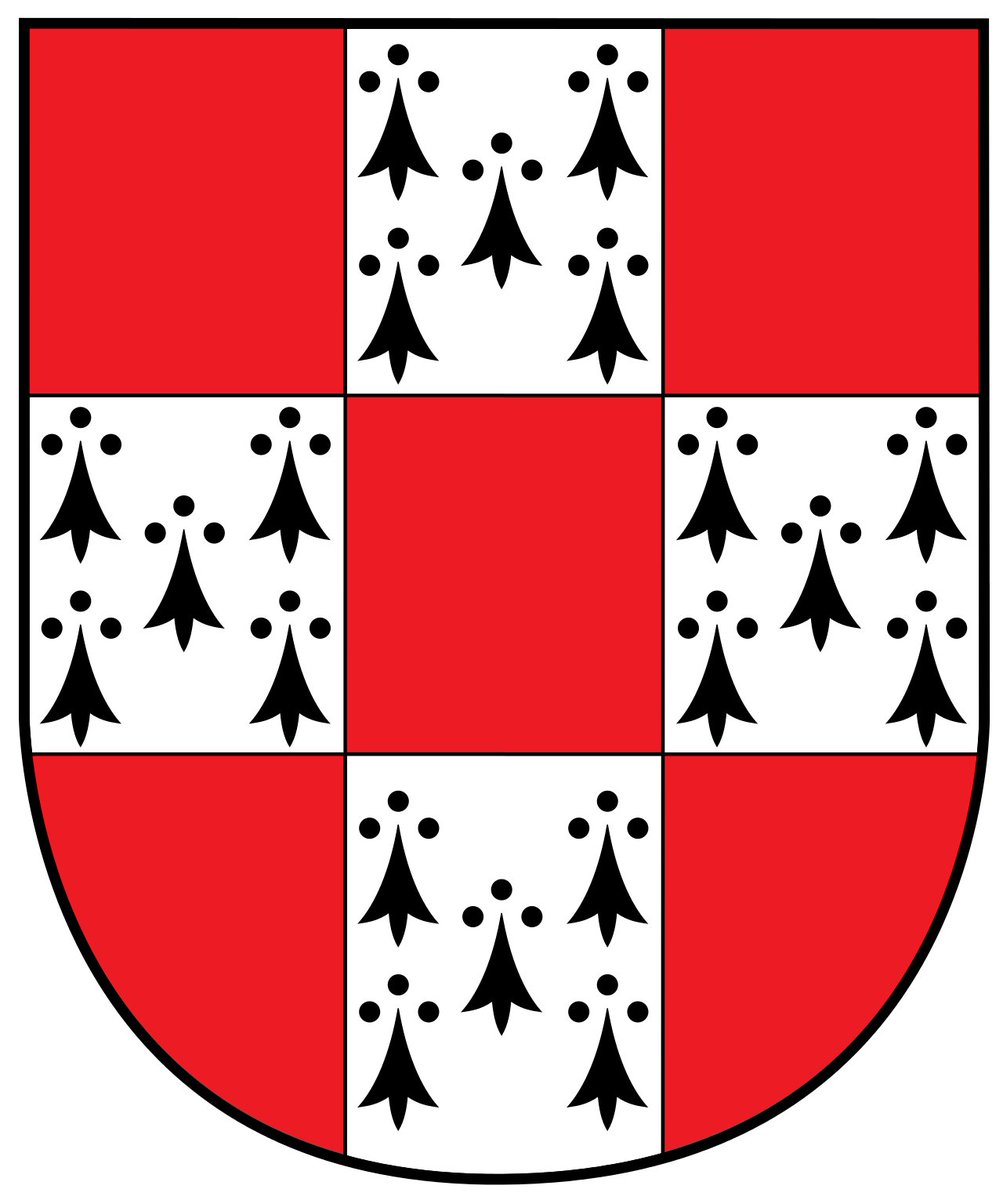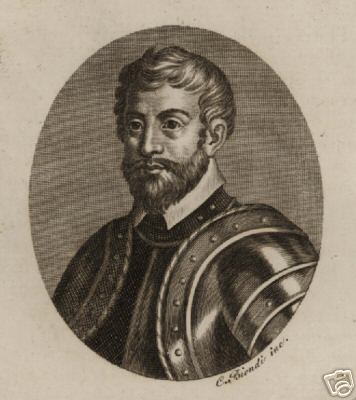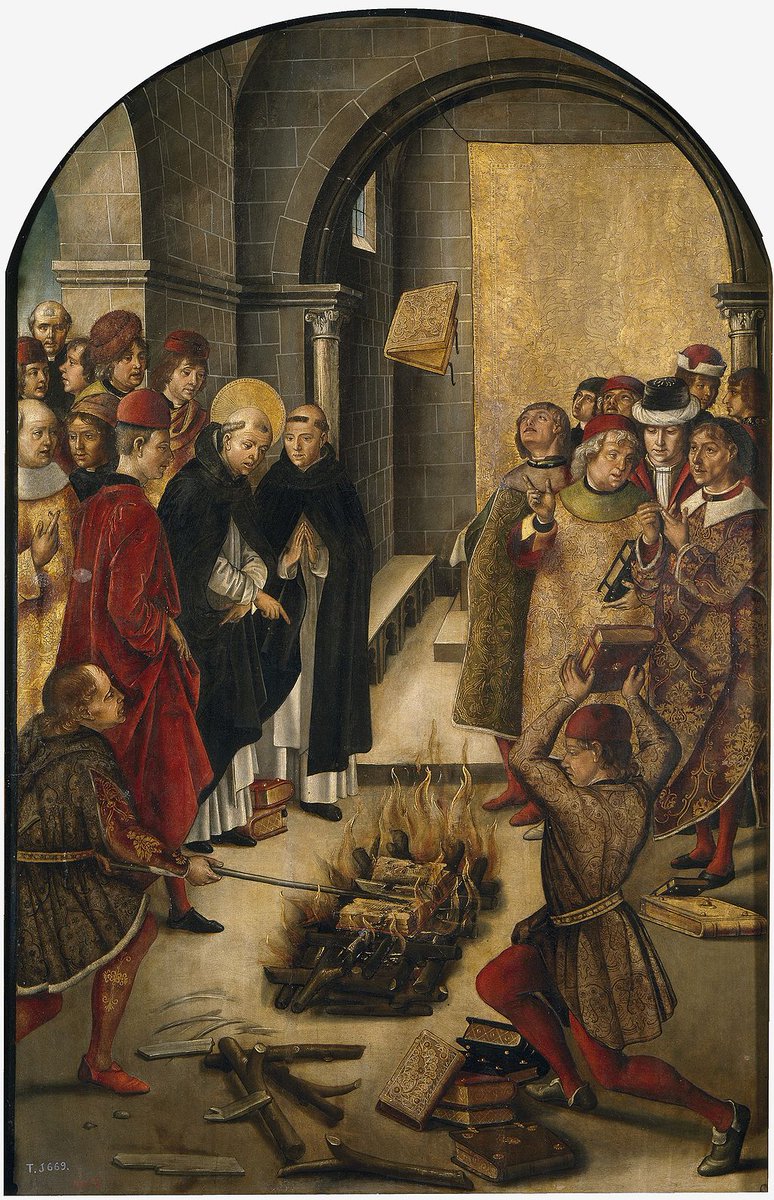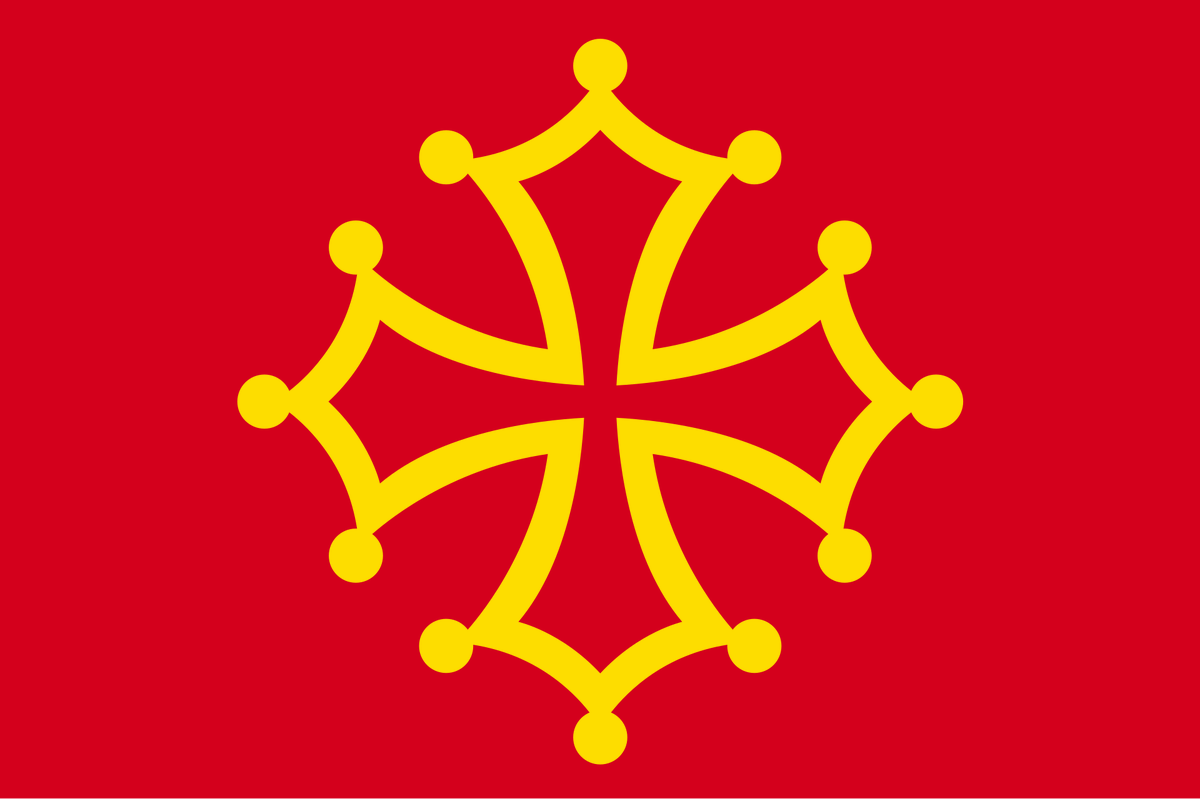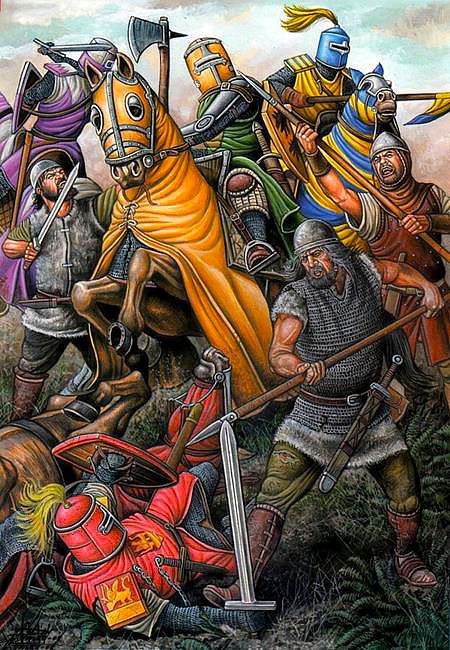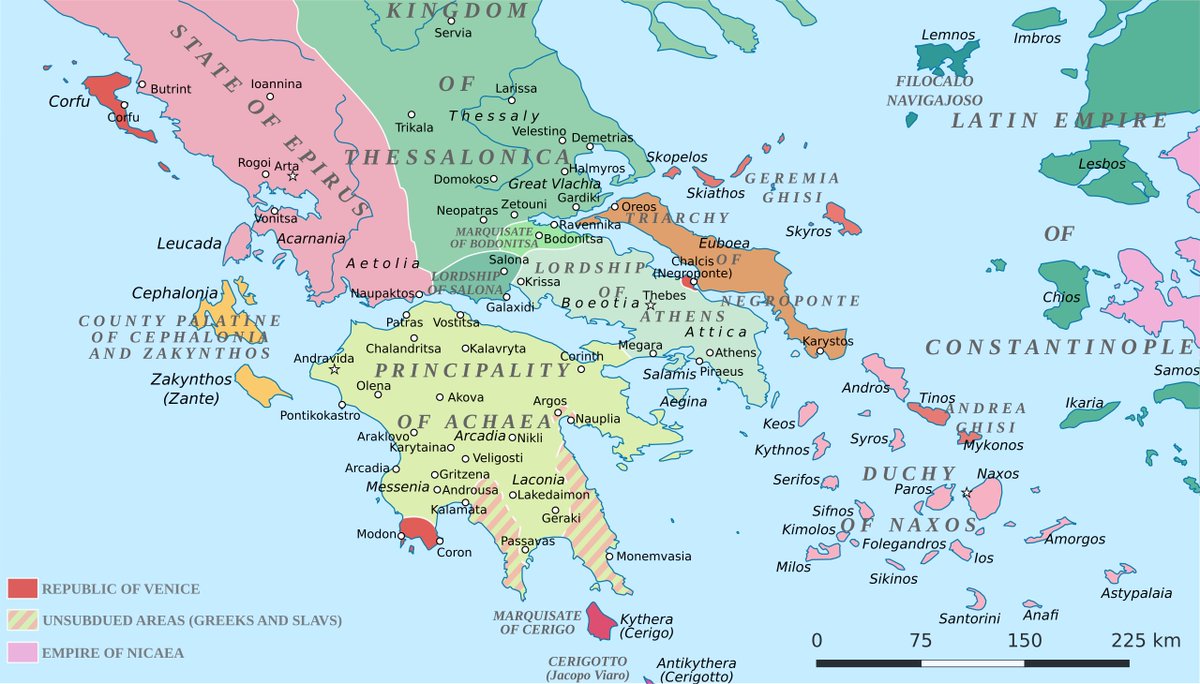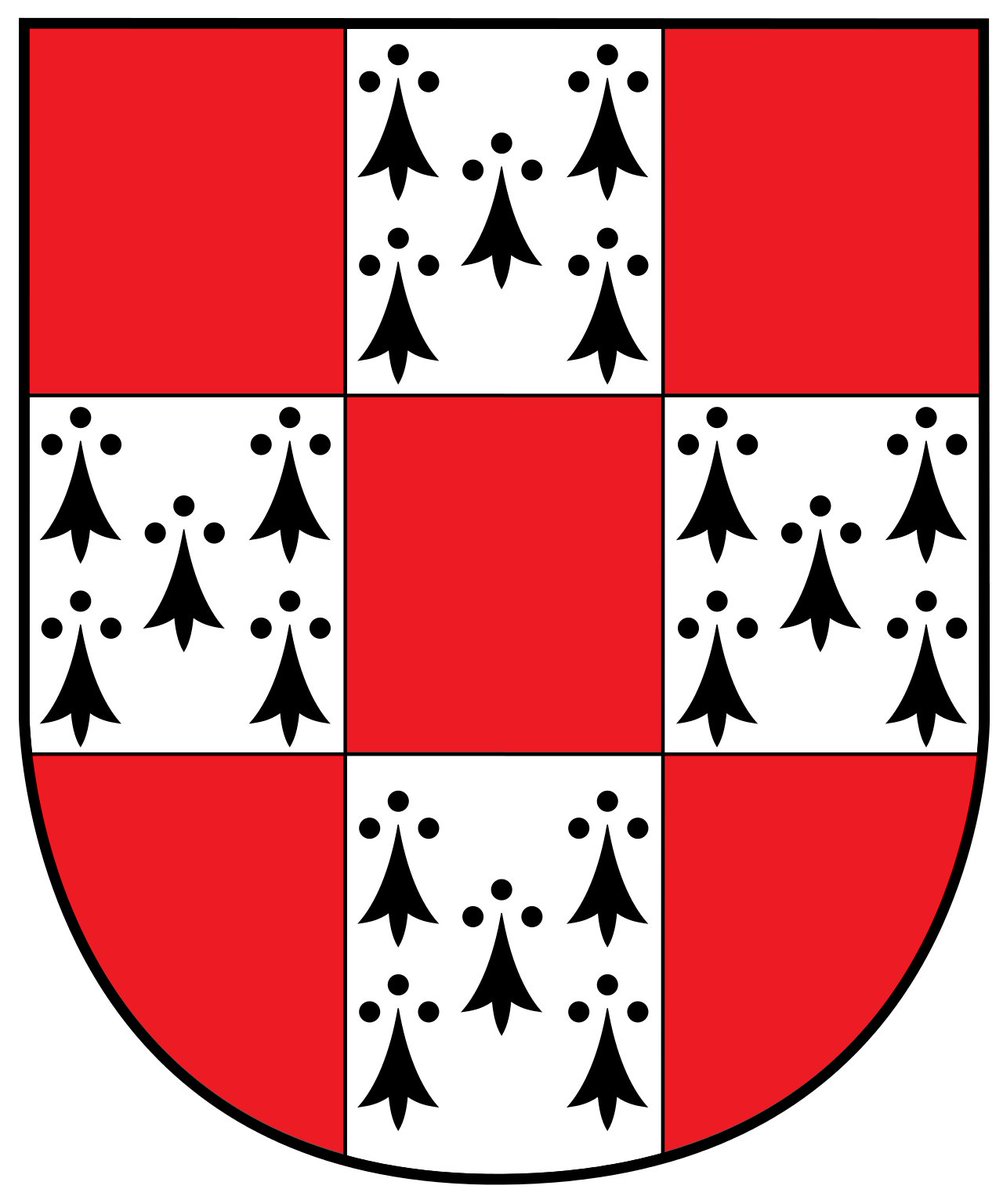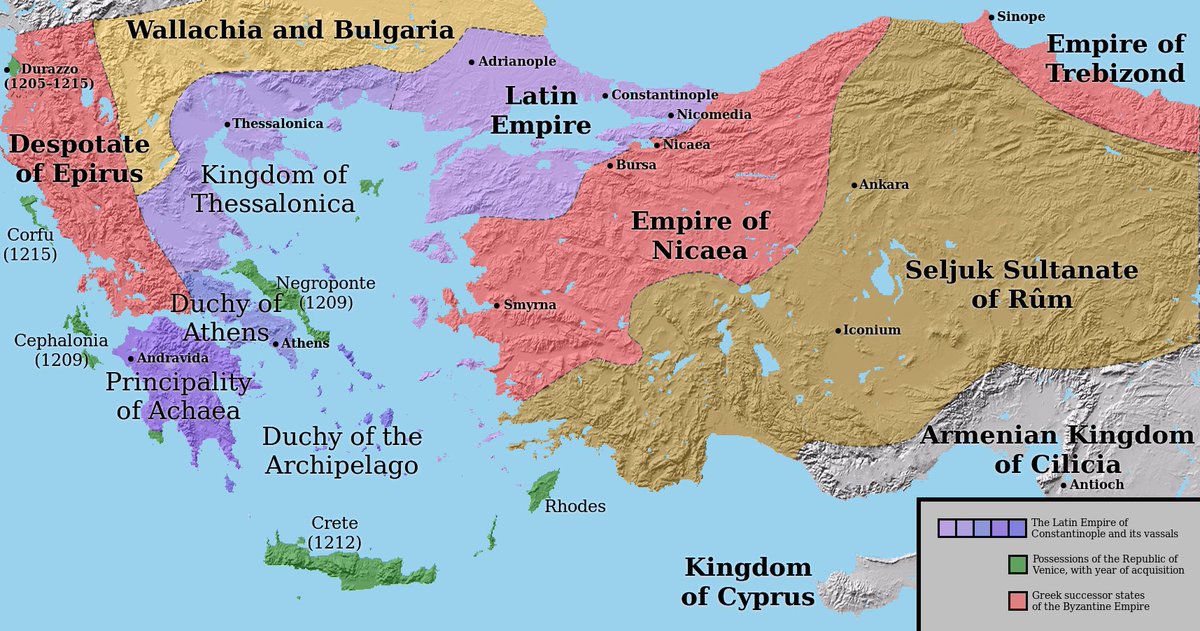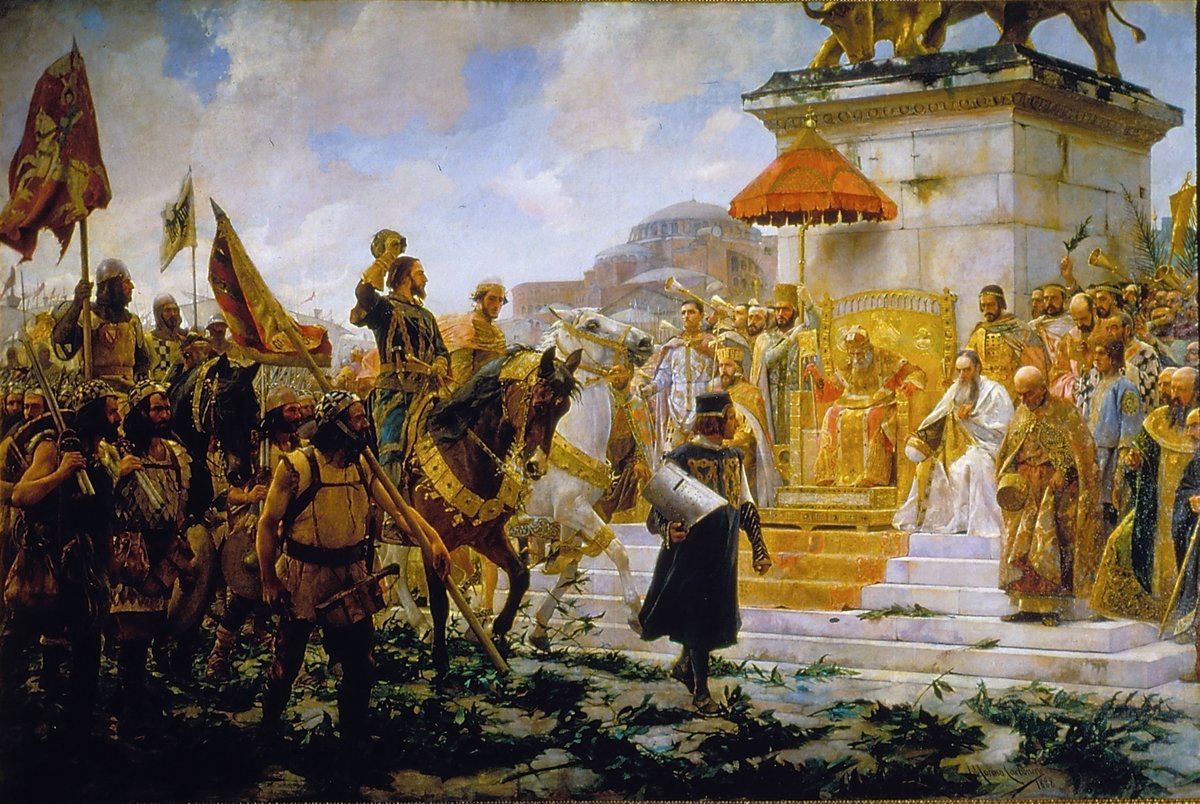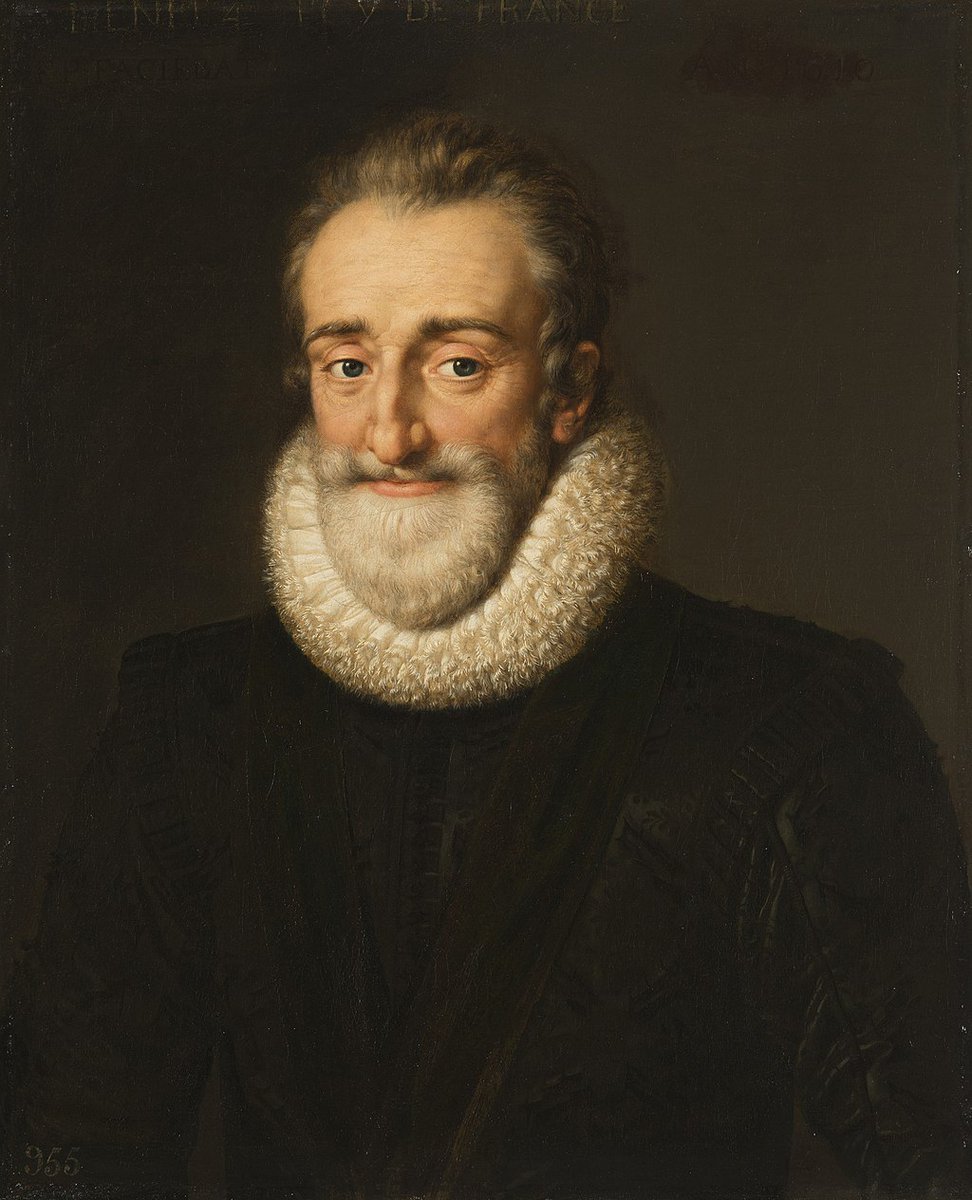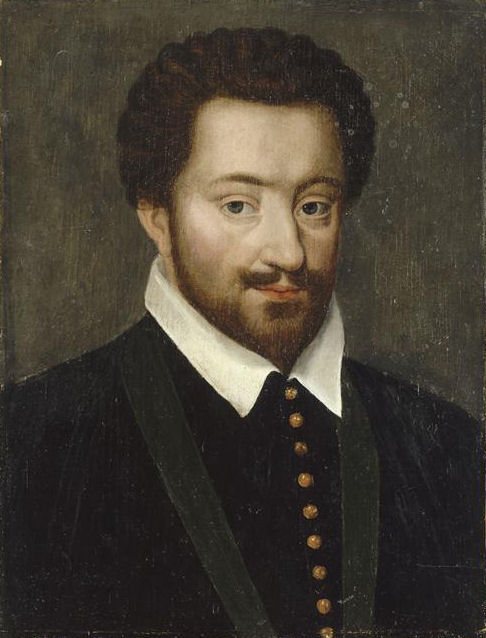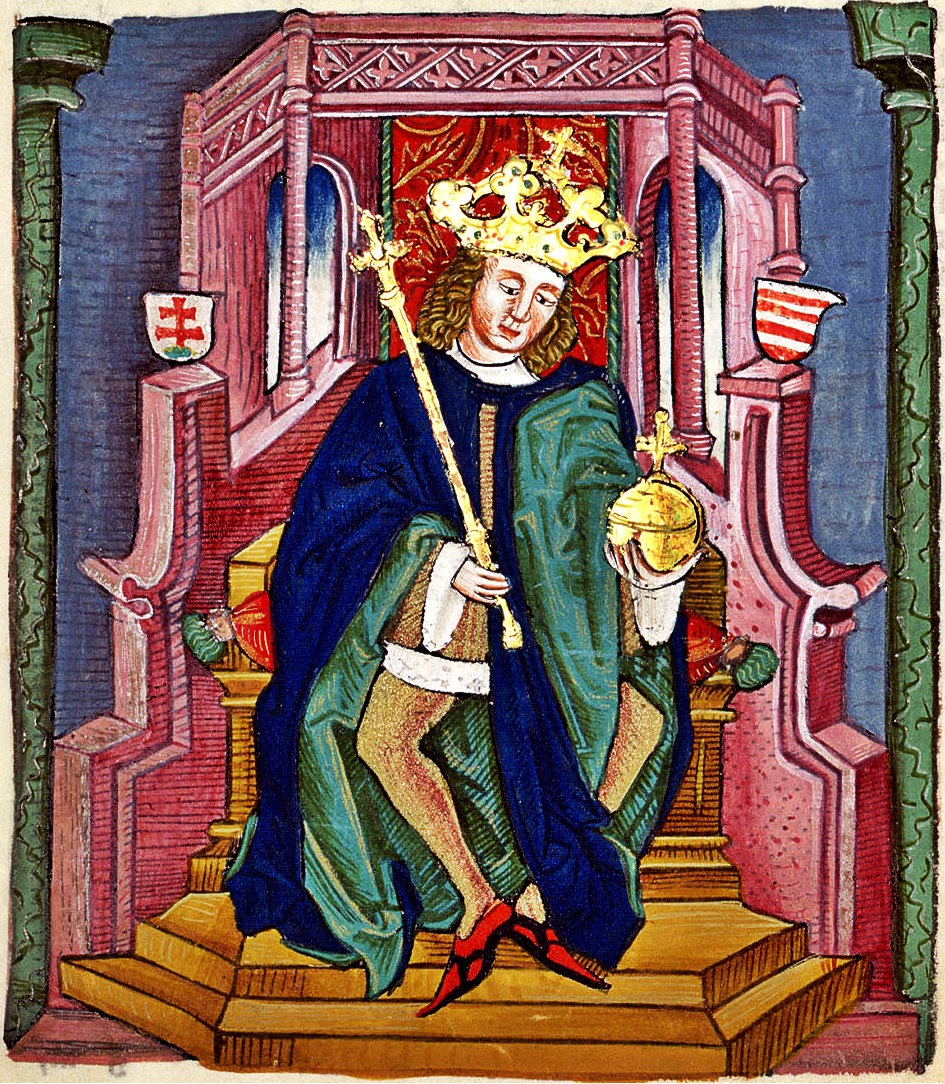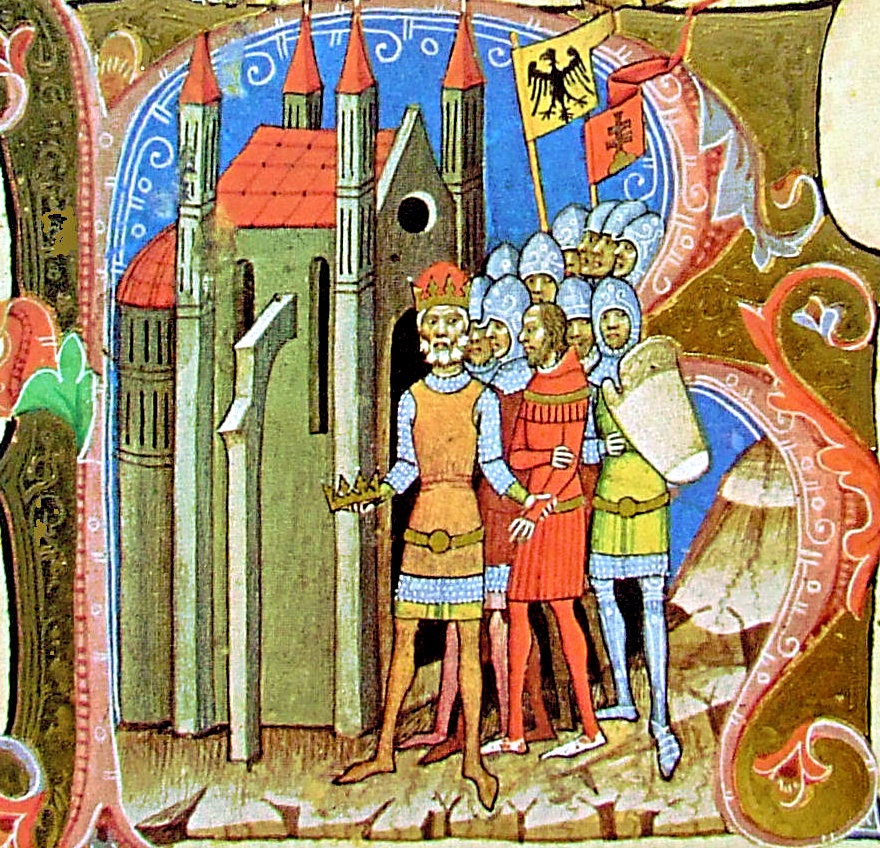
Today 15 march is the anniversary of the battle of Merseburg where King Henry the Fowler of East Francia defeated the Magyars in 933. The attack of the German heavy cavalry routed the Magyar forces and secured an important victory! 

The nomadic Magyars had achieved much success in 10th century, destroying Great Moravia and defeated the Bavarians at the Battle of Pressburg in 907. FInally, they defeated King Henry in Saxony in 924 and forcing him to pay tribute for nine years. 
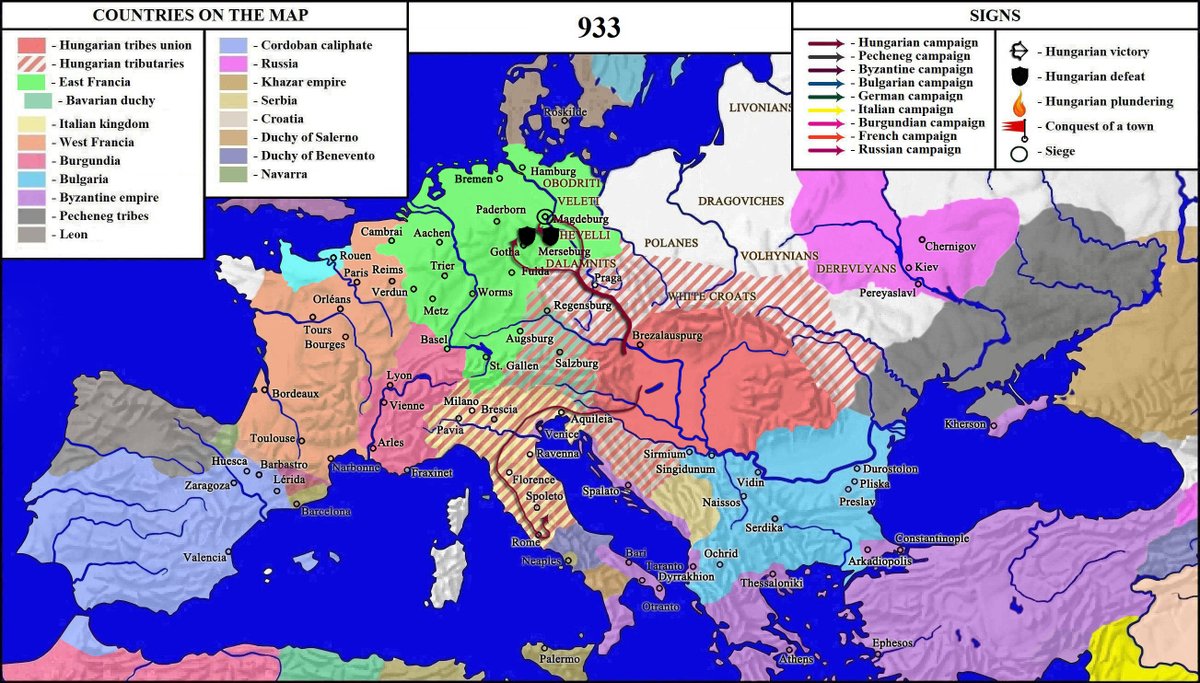
King Henry spent the time wisely fortifying and expanding his lands as well as levying peasants for garrison duty and rotating them so that his forts would be manned all the time. In 932 he stopped paying tribute for which he got the support of the church at the Synod of Erfurt. 
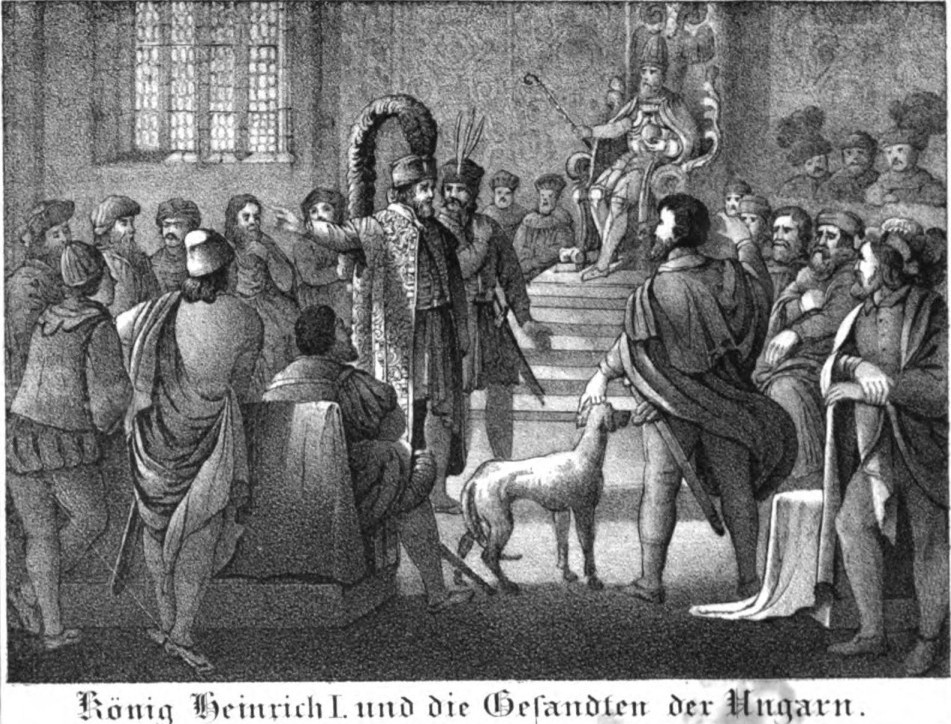
This meant war and Henry was more than ready for it since he could on German nobility and he also had experiences from his previous encounter with the Magyars. At the battle of Merseburg he relied on a well time heavy cavalry attack which won him victory over the invading force! 
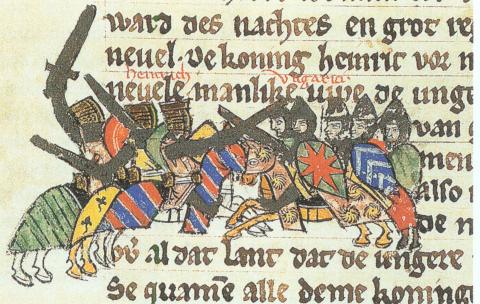
• • •
Missing some Tweet in this thread? You can try to
force a refresh


